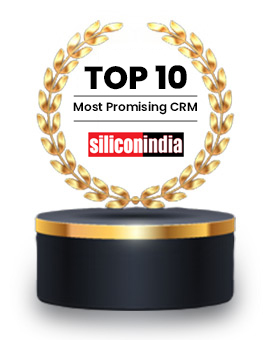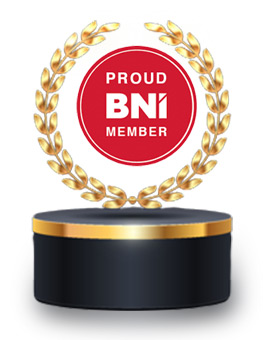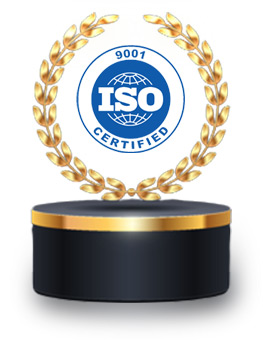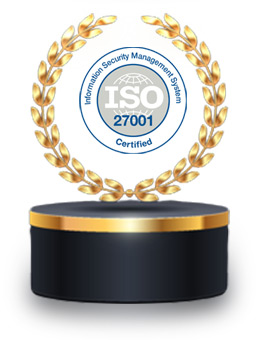The advent of mobile technology has significantly revolutionized the way businesses operate. One particular area that has seen a profound transformation due to mobile technology is Customer Relationship Management (CRM). Mobile CRM, the use of CRM sales and customer service solutions on mobile devices, has become a game-changer. It not only enhances sales management but also takes customer relationship management in marketing to the next level. Let's explore the impact of mobile CRM on sales and customer service.
Utilize advanced CRM tools to streamline communication, automate repetitive tasks, and manage leads and customer data efficiently.
Use data-driven insights to understand customer behavior, forecast sales, and identify high-performing strategies.
Implement AI for predictive analysis, automated follow-ups, and lead scoring to increase sales efficiency.
Provide ongoing training for the sales team to adopt new technologies and sharpen their skills.
Implement a robust lead qualification process to focus on high-potential prospects and avoid wasting time on unqualified leads.
Use automation tools to streamline repetitive tasks such as data entry, follow-up emails, and report generation to free up time for the sales team.
Use AI-powered lead scoring to prioritize leads based on their likelihood to convert, enabling faster decision-making.
Use templates and automated proposal tools to generate tailored proposals quickly and consistently.

Establish clear, measurable objectives for the team and prioritize tasks based on their impact on sales outcomes.
Use productivity software like task management apps and collaborative platforms to streamline workflows and improve team coordination.
Implement automation for routine tasks like data entry, follow-ups, and scheduling to save time and focus on higher-value activities.

Shift the focus to understanding and prioritizing customer needs, ensuring every interaction adds value and builds trust.
Implement robust CRM solutions to track customer interactions, provide personalized experiences, and streamline service processes.
Regularly train customer service teams on effective communication, empathy, and problem-solving to maintain high service standards.
One of the keys to excellent customer service is speed and responsiveness. Mobile CRM allows customer service reps to respond to customer inquiries and resolve issues promptly, irrespective of their location. It also ensures that all customer interactions are logged and tracked in real-time, making follow-ups easier and more efficient.
Use live chat, instant messaging, and video call platforms to provide immediate assistance and reduce response delays.
Be accessible across various channels, including phone, email, social media, and messaging apps, to respond quickly to customer preferences.
Use chatbots and AI-driven autoresponders to provide instant replies to common questions while routing complex queries to human agents.

Collect and analyze customer data such as preferences, purchase history, and past interactions to tailor your communication and offerings.
Divide customers into segments based on their behavior, demographics, or interests to send targeted, relevant messages.
Use CRM software to track customer interactions, store personalized notes, and automate personalized follow-ups.
Provide fast, responsive, and personalized support to resolve issues and build long-term trust.
Implement reward programs that incentivize repeat purchases and provide exclusive perks for loyal customers.
Regularly collect customer feedback through surveys, reviews, or direct interactions and use it to improve products, services, and experiences.
Tailor your interactions, product recommendations, and communication to meet individual customer preferences and needs.
Keep customers engaged through email campaigns, newsletters, and content that is relevant to their interests and needs.
In conclusion, the impact of mobile CRM on sales and customer
service is profound. By enhancing convenience, accelerating processes,
boosting productivity, and improving personalization, mobile CRM is a
powerful tool that businesses can leverage to optimize their sales and
customer service functions. In a world that is increasingly mobile,
embracing mobile CRM can give businesses a significant competitive edge.
Here’s why we stand out from the
crowd and our due recognition for the
innovation and excellence we pioneer in the industry.









Take your business to the next level. Trusted by 5000+ business globally.